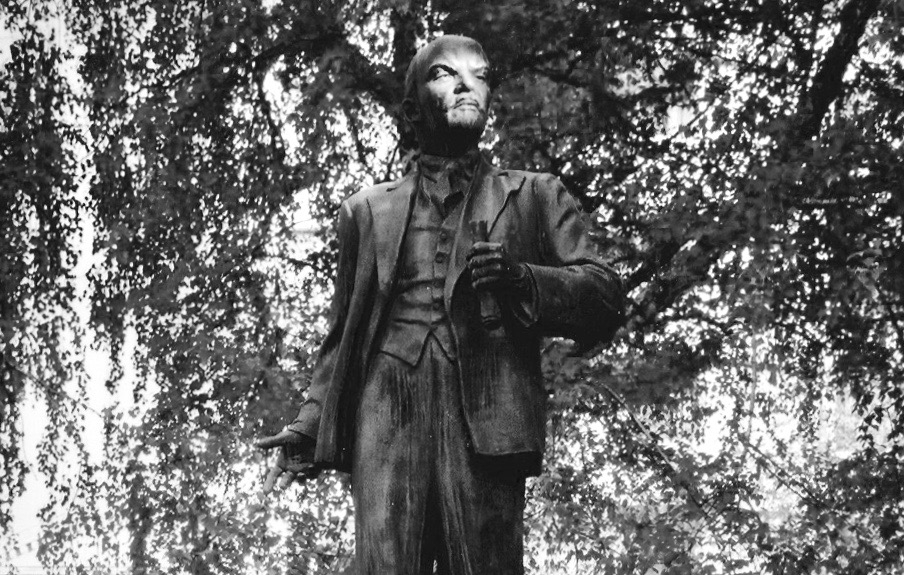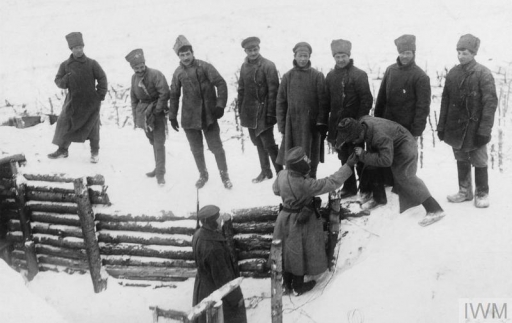Russian involvement in the First World War formally ended on 3 March 1918 with the signing of the Treaty of Brest-Litovsk.
In return for peace, the new Soviet leadership was forced to give up territories in Eastern Europe and the Caucasus gained under the Tsars since the reign of Peter the Great.
Russia ceded control of Belarus, Lithuania, Latvia, Estonia, Poland and Ukraine to the Central Powers, losing significant industrial and agricultural resources.
The Bolsheviks accepted the harsh terms in the face of a rapid advance bringing German troops to within 100 miles (160km) of Petrograd.
An armistice on the Eastern Front, agreed in the wake of Russia’s November 1917 revolution, had broken down in mid-February.

The first Soviet leader, Lenin – he pressed for signing the ‘shameful peace’ to save the revolution (Photo: Centenary News)
Negotiators, led by Leon Trotsky, walked out of peace talks, condemning the territorial demands of Germany and its Austro-Hungarian and Ottoman allies.
At the same time, Trotsky also ruled out a return to war, a state of ‘no peace no war’ that allowed the Central Powers to invade unopposed.
To save the revolution, the Bolshevik leader Lenin insisted on Russian representatives returning to German headquarters at Brest-Litovsk to accept even tougher deal.
Britain’s Daily Telegraph newspaper condemned ‘Bolshevik madness’ and ‘German greed’ for the ‘disastrous’ treaty.
Russia was now out of the Great War, but civil war would follow, and its former Allies – Britain, France, America and Japan – would soon be drawn in against the Bolsheviks.
For Germany, the end of the fighting on the Eastern Front allowed it to focus efforts on trying to win the war with a spring offensive in France.
The Brest-Litovsk Treaty was itself abrogated by the armistice ending WW1 on 11 November 1918.
Sources: Wikipedia/Telegraph Archive/various
Images courtesy of Imperial War Museums, © IWM Q 86960 (archive); Centenary News (Lenin)
Posted by: CN Editorial Team
